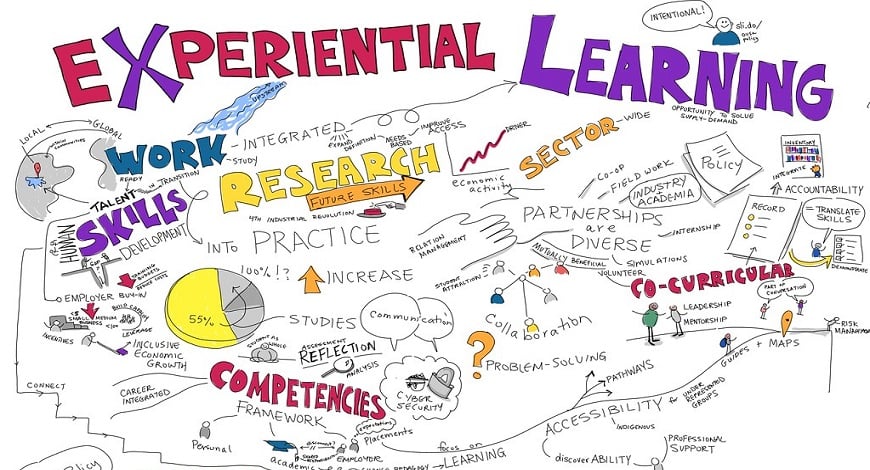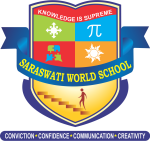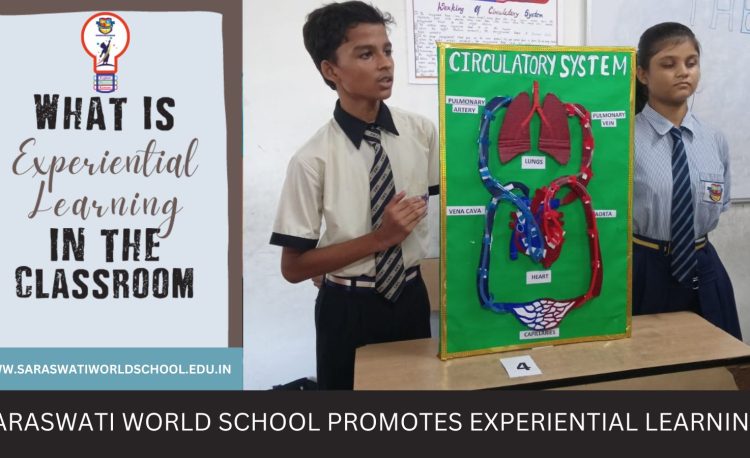Experiential Learning
United Nations sustainable development goal no 4 – Quality Education
Providing quality education for all is fundamental to creating a peaceful and prosperous world. Education gives people the knowledge and skills they need to stay healthy, get jobs and foster tolerance.
https://www.un.org/sustainabledevelopment/education/
Founding principles of Education Charter International
Equality stands for Education for every one
Education Charter International
Everyone has the right to have a quality education, but it is important to have the opportunity to learn in a way that meets and respects individual needs and differences. Traditional learning models often favor those with good memories, but learning is more than just passing exams.
Experiential learning is a learning theory that offers an alternative to traditional learning models, so it is important to understand what the experiential learning cycle looks like, the benefits of this learning model, and how it can be applied to different areas of life.

What is experiential learning?
Experiential learning is the idea that experience is generated through continuous interaction and engagement with the world around us, and that learning is an inevitable product of experience. This learning theory differs from cognitive and behavioral learning theories because it takes a more holistic approach. It takes into account the role that all experiences play in learning, including emotional, cognitive, and environmental factors.
The theory of experiential learning favors conscious and natural learning over rote learning. The two are different in approach and practice. Whereas rote or redundant learning usually involves studying for exams/competitions/challenges/jobs etc., which can be accomplished by mugging up information drawn from textbooks or given syllabi, and just like a short-term memory the learned subjects/topics are lost with the passing of time.
However, conscious and natural learning is usually about learning (Interest factors are always there with learners) something using a variety of methods, from reading and experimenting to role-playing and discussion. These methods help students really understand what they are learning by applying and discussing theory rather than simply memorizing it.
Learning from experience:
What the student does open in Saraswati World School campus, they explore how learning from experience involves a process of facilitating platforms and support for independent thinking and creativity and outside-the-box encouragement. This shows that experiential learning enables students to express curiosity for knowing beyond textbooks, change old habits, challenge prejudices and ideas, and explore new ways of thinking.
Similar articles

